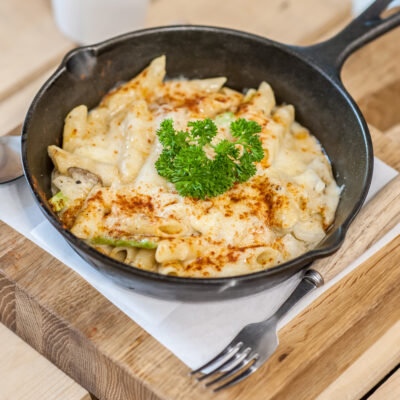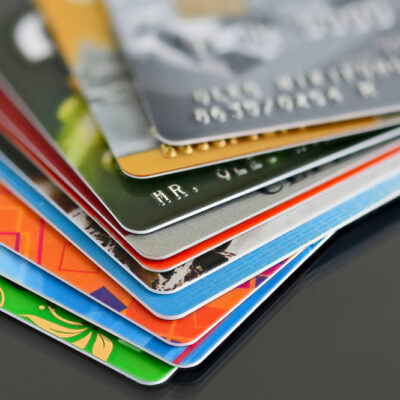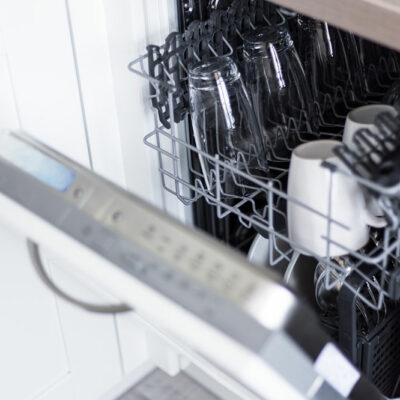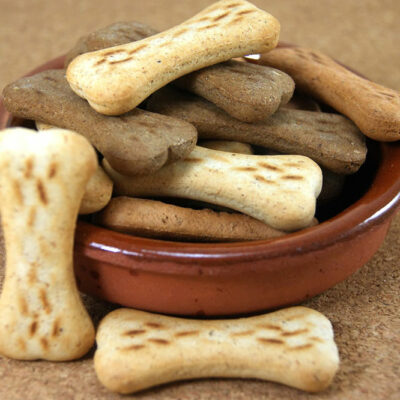
Food
Trigger Foods for Ulcerative Colitis
A common type of inflammatory bowel disease (IBD), ulcerative colitis can have a severe impact on everything from your health to your quality of life. The good news is that you can manage your condition, including lessening the severity of your colitis symptoms, by avoiding these trigger foods. In addition to doctor-prescribed medications like entyvio, stelara, and simponi, changes to your diet can help. Whether you have Crohn’s disease, colitis, or some other form of IBD, here are just a few foods to moderate or completely cut out of your diet: 1. Whole grain bread Wheat products in general can be an iffy proposition when you have a sensitive stomach. Gluten can cause digestive problems of all kinds, including bowel irritation and inflammation. In addition to bread, you’ll probably want to avoid pasta, cereal, grains, and other wheat-based products. 2. Alcohol Not only is alcohol a natural laxative, but certain types of drinks can be high in sulfur or sulfites. Beer, for example, is a high-sulfur beverage. So is wine. They can make you gassy, which can worsen your colitis. 3. Seeds and nuts Seeds and nuts can trigger digestive problems that worsen the severity of Crohn’s. You’ll also want to limit things like popcorn that can aggravate even the healthiest of bowels.
Read More 










